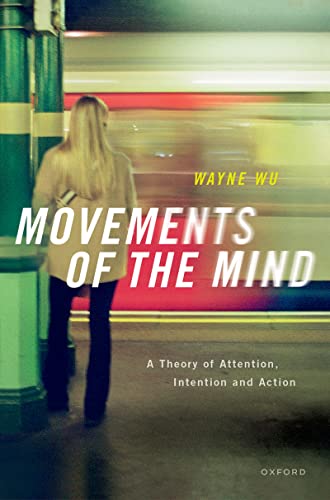

Most ebook files are in PDF format, so you can easily read them using various software such as Foxit Reader or directly on the Google Chrome browser.
Some ebook files are released by publishers in other formats such as .awz, .mobi, .epub, .fb2, etc. You may need to install specific software to read these formats on mobile/PC, such as Calibre.
Please read the tutorial at this link: https://ebookbell.com/faq
We offer FREE conversion to the popular formats you request; however, this may take some time. Therefore, right after payment, please email us, and we will try to provide the service as quickly as possible.
For some exceptional file formats or broken links (if any), please refrain from opening any disputes. Instead, email us first, and we will try to assist within a maximum of 6 hours.
EbookBell Team

0.0
0 reviewsMovements of the Mind is about what it is to be an agent. Focusing on mental agency, it integrates multiple approaches, from philosophical analysis of the metaphysics of agency to the activity of neurons in the brain. Philosophical and empirical work are combined to generate concrete explanations of key features of the mind. The book should be relevant and accessible to philosophers and scientists interested in mind and agency.
Wu argues that actions have a core psychological structure where attention plays a necessary role in guiding the agent's response and intentions function as memory for work, a practical memory. Attention and memory are accordingly central parts of an agent's intentionally doing things. These claims are supported by synthesizing philosophical and empirical work to produce a theory of intention and attention in action. The account explains three phenomena of current philosophical interest: (a)
the basis of positively and negatively biased action where attention often leads to implicit bias, (b) the dynamics of deductive reasoning as the focusing of a thinker's cognitive attention and the development of cognitive skills, and (c) the psychology of introspective access to conscious perceptual
experience, making clear when introspection can intelligibly fail and when it can succeed.
The book provides a theory of agency, whether human or non-human, along with technical notions of automaticity and control, a theory of attention as selection to guide behavior, an account of intention as memory whose dynamics are revealed in empirical investigation of working memory, explications of sustained attention and vigilance, an explanation of biased behavior driven by biases on attention, normative aspects of attention as a skill, the role of learning in cognitive skill, a theory of
deduction as a sharpening of attention, and a psychologically plausible model of introspection that speaks to its accuracy and reliability.